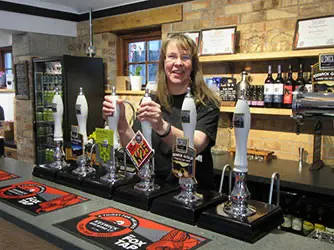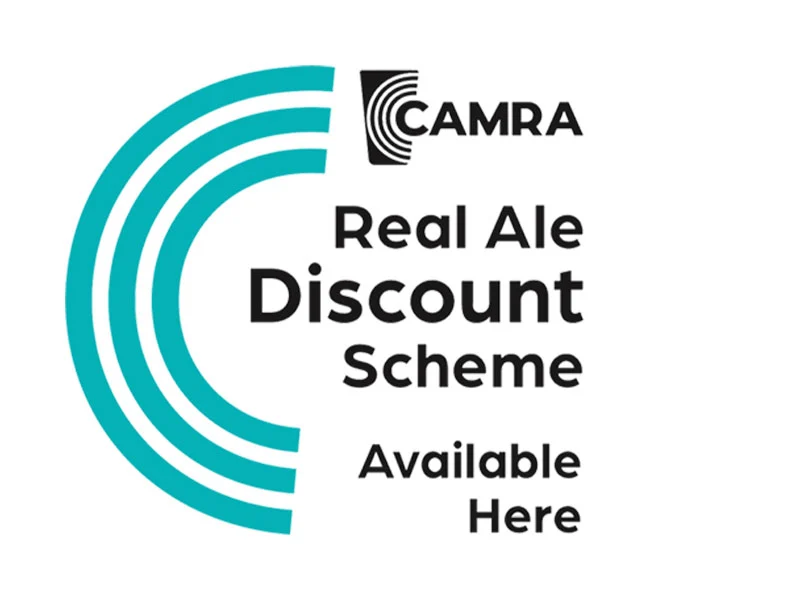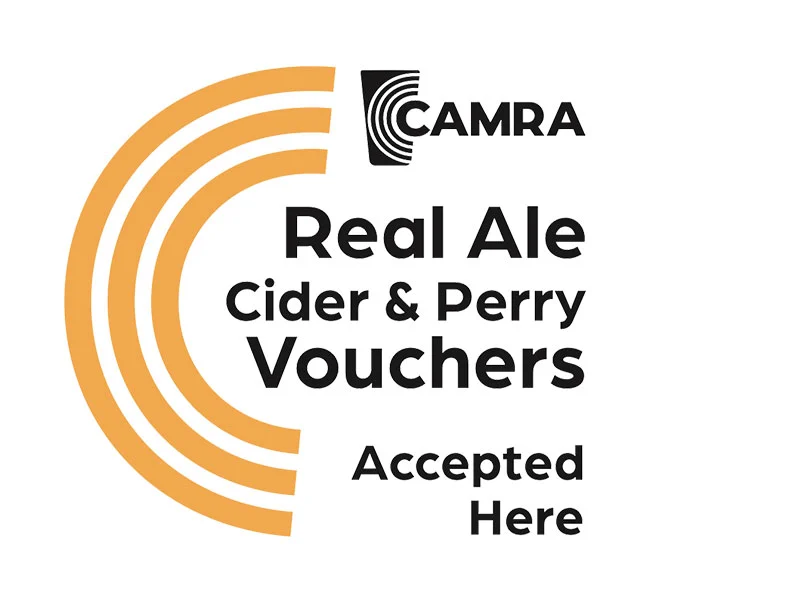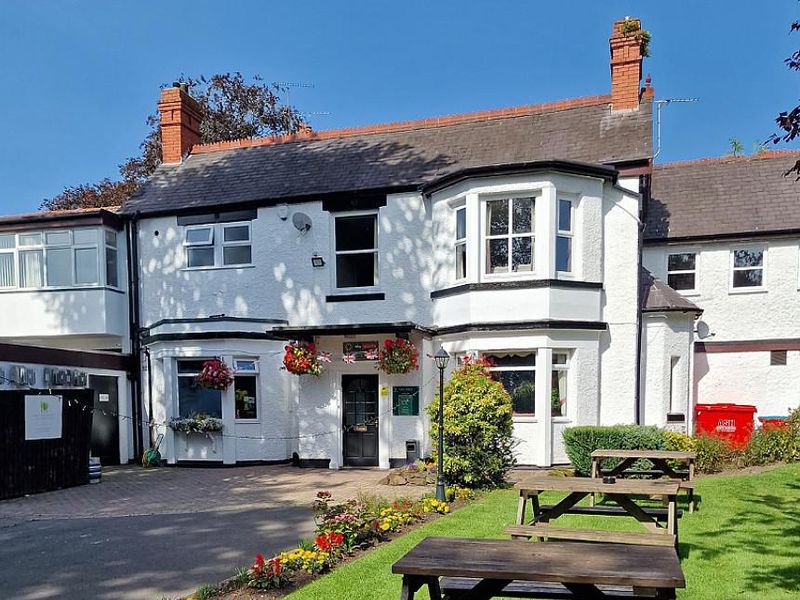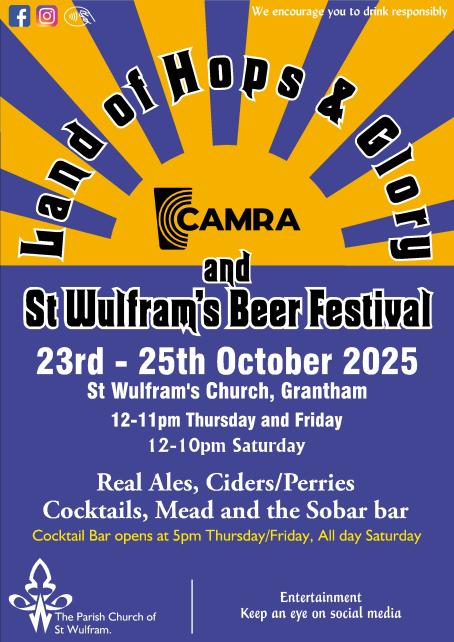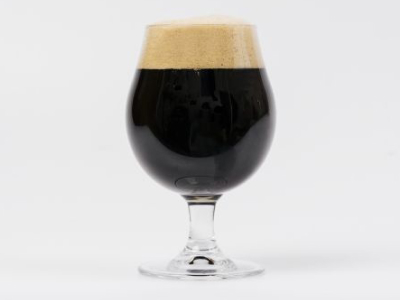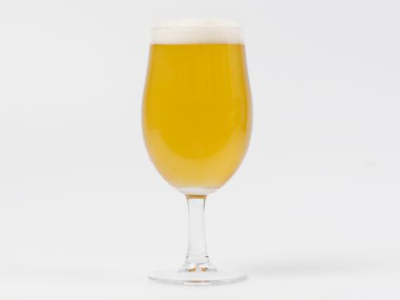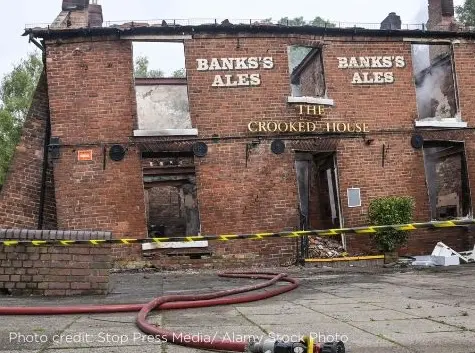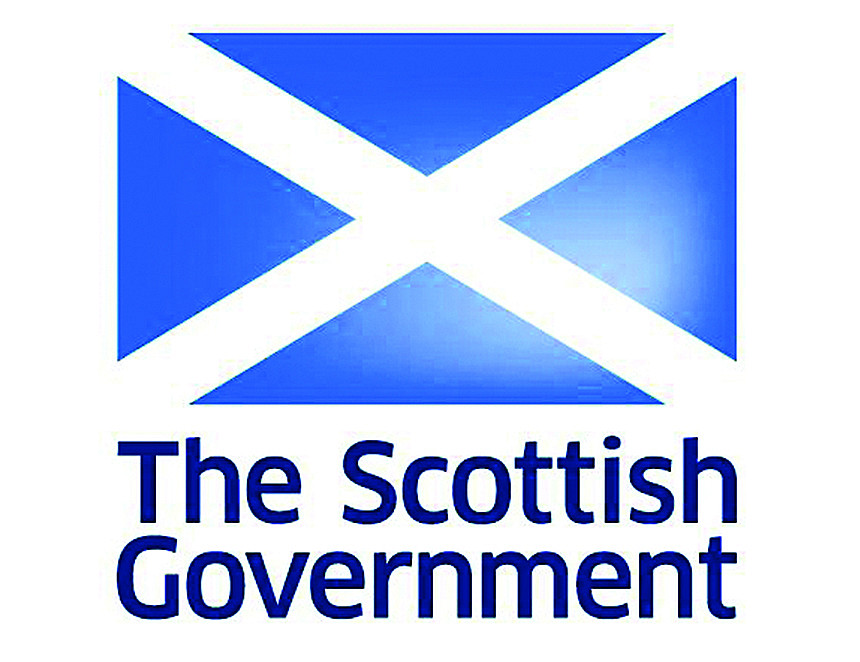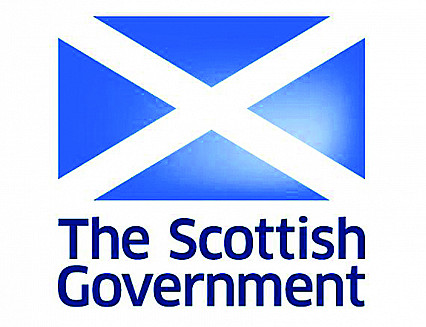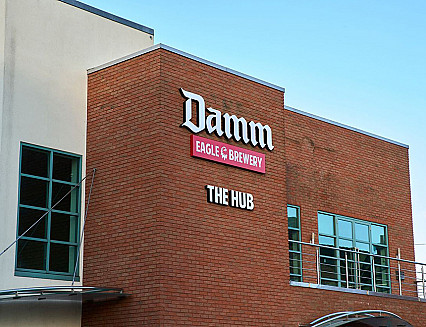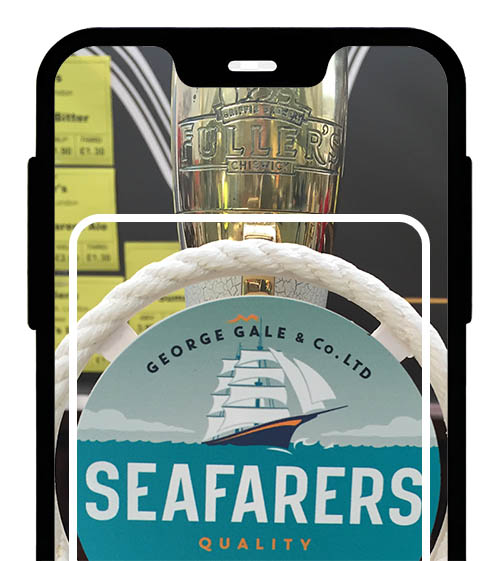Campaigning for pubs, pints and people across Westminster, devolved parliaments and local government, the Campaigns and Communications team has been busy preparing for the chancellor’s Autumn Budget on 26 November.
This includes setting up an e-lobby so members can email their MP asking them to back beer and pubs in the Budget so the government will take action. Email your MP here.
Westminster
Business rates reform [England only]
The 2024 Budget revealed a full reform of the business rates system would happen, while rates relief was cut from 75 to 40 per cent, for retail, leisure and hospitality.
The Treasury has released its next steps towards reforming the rates system in its recently published paper, confirming permanently lower business rates will be introduced for these businesses.
More details should be announced in the Budget next month.
Parliamentary questions
Two parliamentary questions relating to takeaway pints, a topic CAMRA campaigns on, were asked in September.
Q: Ben Maguire (Lib Dem, North Cornwall): “To ask the chancellor of the Exchequer, if she will make an assessment of the potential impact of allowing incidental off-sales of beer and cider from draught duty-paid containers on pubs in rural communities.”
A: Dan Tomlinson (Lab, Exchequer secretary to the Treasury): “Draught beer and cider now pay 13.9 per cent less in duty than their packaged equivalents, an increase of over 50 per cent on the previous draught discount of 9.2 per cent. This took a penny of duty off a typical strength pint. The core objective of this relief is to recognise the cultural importance of pubs and other on-trade venues as community hubs and to encourage responsible drinking in supervised settings. To ensure this relief is targeted at the on-trade, it is prohibited to repackage products that have received draught relief for off-site consumption. It is the intention that beverages that are sold to be consumed off-site should pay the full rate of duty like their equivalents sold in off-trade venues.”
Q: James Cleverley (Con, Braintree): “To ask the secretary of state for the Home Department, if she will make it her policy to allow all licensed pubs and restaurants to provide (a) off-sales and (b) takeaway pints.”
A: Sarah Jones (Lab, Home Office minister): “The government recognises the important role that pubs and restaurants play in local communities and the wider economy. The temporary easement introduced during the pandemic, which allowed on-trade premises to provide off-sales without a variation, expired on 31 March 2025. Businesses wishing to offer off-sales or takeaway pints can apply to vary their existing premises licence through existing processes under the Licensing Act 2003 for £89. New licence applicants already have the ability to request a license for both on- and off- sales at no additional cost.”
Party conferences
Every year CAMRA representatives attend the party conferences for the three largest parties in the UK parliament. Ahead of the Autumn Budget this year, we were asking MPs to support pubs, pints and people, plus talking about other campaigning areas like access to market and planning laws.
This year chairman Ash Corbett-Collins, volunteers from local branches and members of the Campaigns and Communications team attended the Liberal Democrat, Labour and Conservative party conferences.
Pride in Place strategy
The government’s Pride in Place strategy to give funding to community projects in 95 places in Britain has been published.
This arrives after the government’s Community Ownership Fund was closed in December 2024, with a Community Right to Buy promised to replace it.
The Pride in Place paper reiterates the government’s commitment to introduce its Community Right to Buy, a power for groups to own community assets, that include pubs, in England only.
Areas receiving funds could use it to save their pubs, subject to approval from a neighbourhood board set up to agree on how money distributed from the strategy will be spent.
The membership boards will be finalised in summer 2026, with money coming in spring 2027.
The team issued a press release in response to the announcement, while chairman Ash Corbett-Collins spoke to LBC on the day the announcement happened. Listen here.
UK Government reshuffle
After the prime minister held a government reshuffle last month, the team introduced the Campaign in letters to all new ministers with a briefing on our key campaigning and invitations to meetings.
The new ministers relevant to our campaigning are:
Department of Business and Trade
Peter Kyle MP (Hove and Portslade) is the new secretary of state with responsibility for all business and trade issues.
Kate Dearden MP (Halifax) is the new parliamentary under-secretary of state with responsibility for retail and hospitality, the Pubs Code for England and Wales, the Access to Market Review for independent breweries, and the Competition and Markets Authority.
Department of Media, Culture and Sport
Ian Murray MP (Edinburgh South) is the new minister of state with responsibility for tourism, heritage and loneliness (including decisions about the UNESCO living heritage listings).
Department of Environment, Food and Rural Affairs
Emma Reynolds MP (Wycombe) is the new secretary of state with responsibility for all departmental issues, including the Deposit Return Scheme and the Extended Producer Responsibility scheme on glass bottles.
Ministry of Housing, Communities and Local Government
Steve Reed MP (Streatham and Croydon North) is the new secretary of state with overall responsibility for the ministry.
Miatta Fahnbulleh MP (Peckham) is the new parliamentary under-secretary of state with responsibility for high streets and community ownership issues.
Treasury
Dan Tomlinson MP (Chipping Barnet) is the new Exchequer secretary to the Treasury with responsibility for alcohol duties.
Scottish government and parliament
Alcohol advertising restrictions
Public Health Scotland has been reviewing alcohol advertising and marketing, which was published in September.
The review found that “the weight of evidence supports the conclusion that restricting alcohol marketing and advertising can be effective, and cost effective, in reducing exposure and consumption”.
The review was requested by Scottish government ministers so future decisions about restrictions on alcohol advertising and sponsorship are informed.
The team has written to the Scottish government’s cabinet secretary for Health, Neil Gray SNP, to raise concerns that this could revive previous proposals for complete bans on alcohol advertising.
CAMRA has requested a meeting with the cabinet secretary and is waiting for a response.
Planning and permitted development rights
In Scotland converting a pub building to another use, and demolishing one that is a listed building or in a Conservation Area, requires planning permission.
The Scottish government has launched a consultation on extended permitted development rights. This legislation would make converting a pub building into housing, the most common reason why pubs are converted, without planning permission much easier.
The team is drafting a submission arguing against this, as well as pushing for the loophole on the demolition of pubs without planning permission.
Scottish Pubs Code and adjudicator
The new Scottish Pubs Code came into full effect in June, with CAMRA’s campaigning winning a guest beer right for Scottish pubs which was implemented in April.
The Scottish Pubs Code adjudicator has been holding a series of stakeholder engagement groups. This has now reached its last session, which director of CAMRA Scotland Stuart McMahon.
After meeting with tenants and pub-owning businesses across Scotland, the adjudicator reported good awareness of the code, with a high interest in the market rent only provisions, a right that lets pub tenants request a lease with no ties.
Welsh government and Senedd Cymru
Business rates reform
The Welsh government held a consultation on a proposal to introduce lower business rates for small retail operations over the summer, which the team submitted to calling for an extension to pubs.
While lower business rates for retail will begin from 1 April 2026, the Welsh government decided not to extend the scheme to pubs.
Read a summary of the consultation here.
Minimum unit pricing
Last month the Welsh government opened a consultation on minimum unit pricing, considering if its policy should continue and the level it should be set at.
The team’s submission calls for the Welsh government to promote drinking in the on-trade and to avoid penalising people who consume alcohol responsibly. Read it here.
